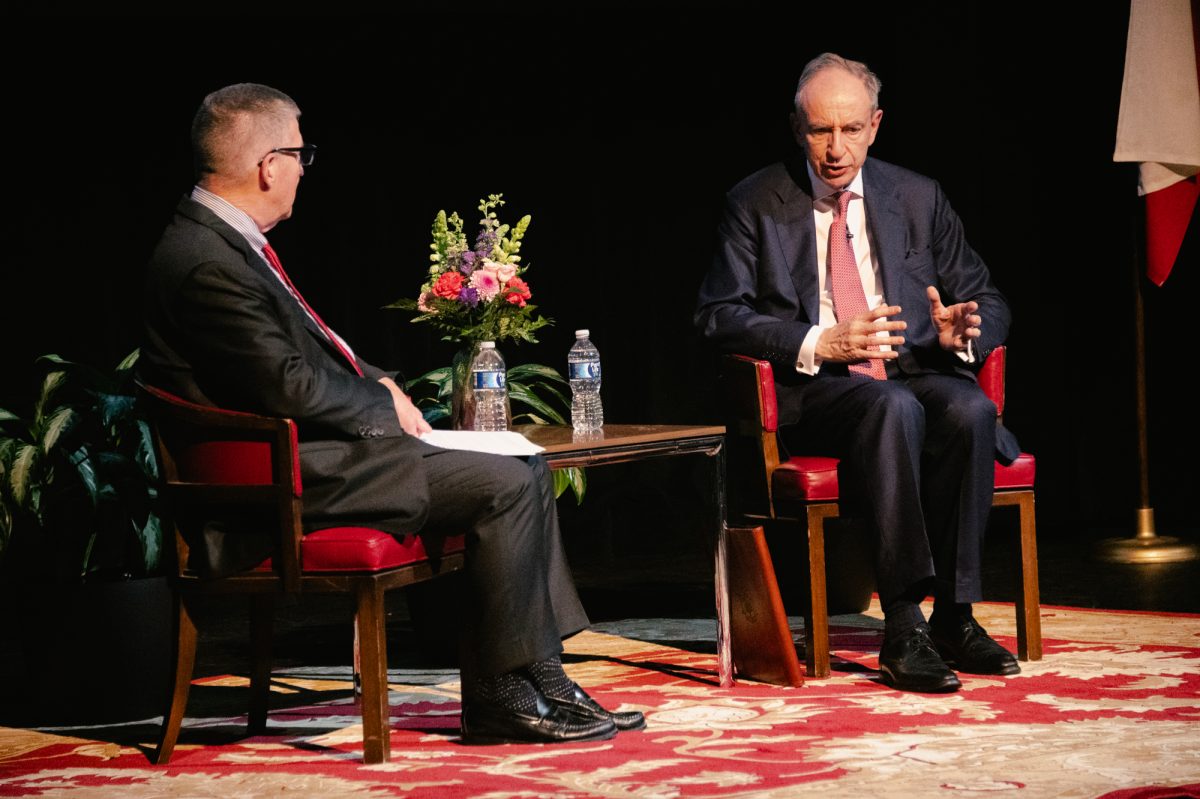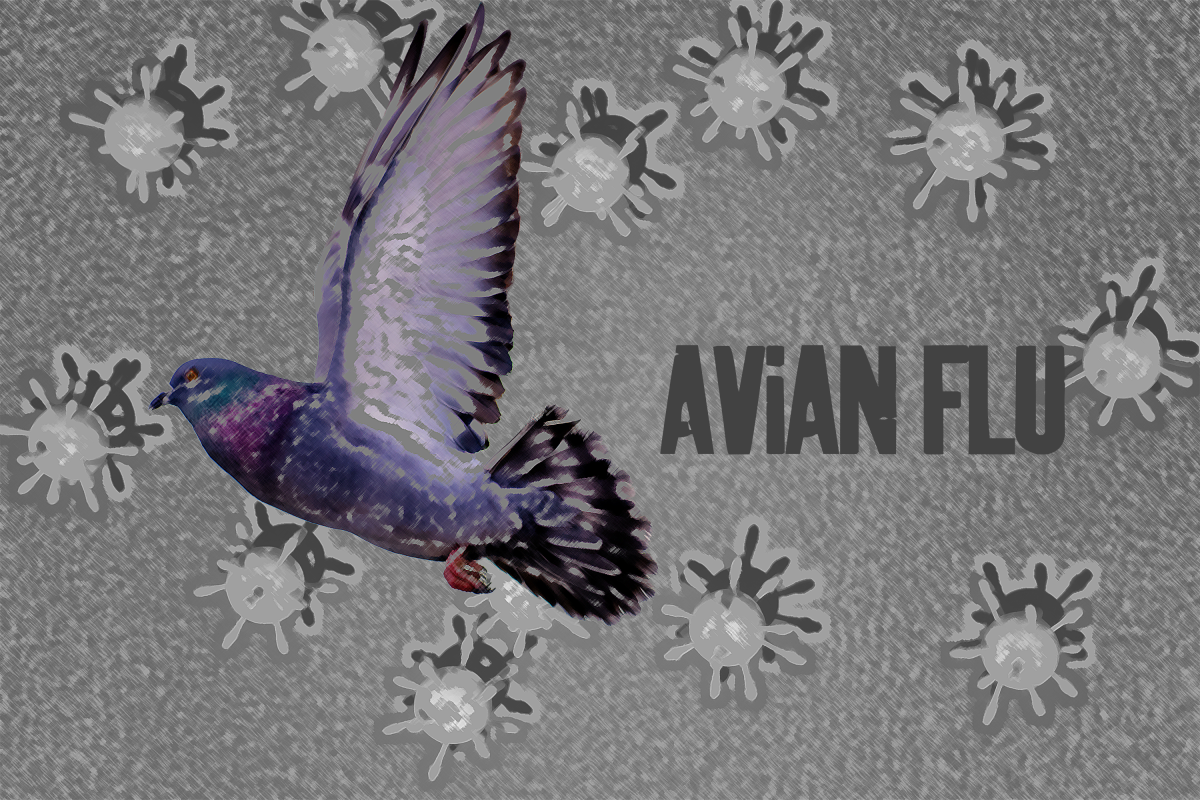While there might be flaws in the vision of The Help, this doesn’t make it a bad film. Rather, The Help is a film full of interesting characters and a driving plot; a movie that takes controversial themes and packages them into a neat, shiny package with a ribbon on top.
The Help is set in the early 1960s in Jackson, Mississippi, during a time when segregation was in full swing and Jim Crow laws were the law of the land. African-Americans, and African-American women in particular were faced with very limited opportunities. Aibileen Clark, in a sublime performance from Viola Davis, is a hired help for a family of Southern genteel. She takes care of the cooking, cleaning and upbringing of the family’s young daughter. The young girl is the seventeenth white baby she has taken care of, and although her tired voice and weathered demeanor may suggest otherwise, Aibileen clearly cares for the young child.
Therein lies the unfortunate circumstance in the lives of these lifelong maids; they nurture these young children until they’re old enough to realize the difference between being black and white, at which point their relationship abruptly turns from one of mutual care to one of master and servant. The complicated relationships between the maids and their employers forms the backbone of The Help.
In her novel, Stockett, received criticism for The Help’s portrayal of life from a black maid’s point of view. The dialogue, critics pointed out, was especially incriminating: the maids used an exaggerated Southern dialect, and the white characters did not. Thankfully, this criticism falls flat in the film, as the venerable talent of Viola Davis and Octavia Spencer (who plays the spunky Minny Jackson) provides a burst of charisma to the screen. The film shines when the spotlight is trained on the subtle eye movements of Davis or the impeccable comic timing of Spencer. The cast is what makes the film enjoyable, and alongside Davis and Spencer, the film boasts noteworthy performances from Emma Stone, Bryce Dallas Howard and Jessica Chastain.
Although the film is entertaining, it lacks depth. The complicated issue of racial inequality is made to seem as neat and unoffensive as the Southern Belles on the screen. The Help politely takes the angle of the detached-yet-concerned observer, hoping to avoid controversy, but sacrificing its voice in the process. This, however, is exactly why the film so controversial. The film takes place in a bubble of its own niceness, and is watered down as a result.
The Help is a good film, a fun film and a safe film. It’s a movie that is carried by solid cast performances. Director Tate Taylor chooses to play it safe here, and brings his audience a view of 1960s Mississippi that is careful not to tread on any toes. The characters in The Help may have opinions about what is happening in the film, but the film itself does not. For the feel-good movie of the summer, look no further.
Owen Heterich, senior visualization major
The Help’ breaks boundaries
August 31, 2011

0
Donate to The Battalion
$810
$3500
Contributed
Our Goal
Your donation will support the student journalists of Texas A&M University - College Station. Your contribution will allow us to purchase equipment and cover our annual website hosting costs, in addition to paying freelance staffers for their work, travel costs for coverage and more!
More to Discover









